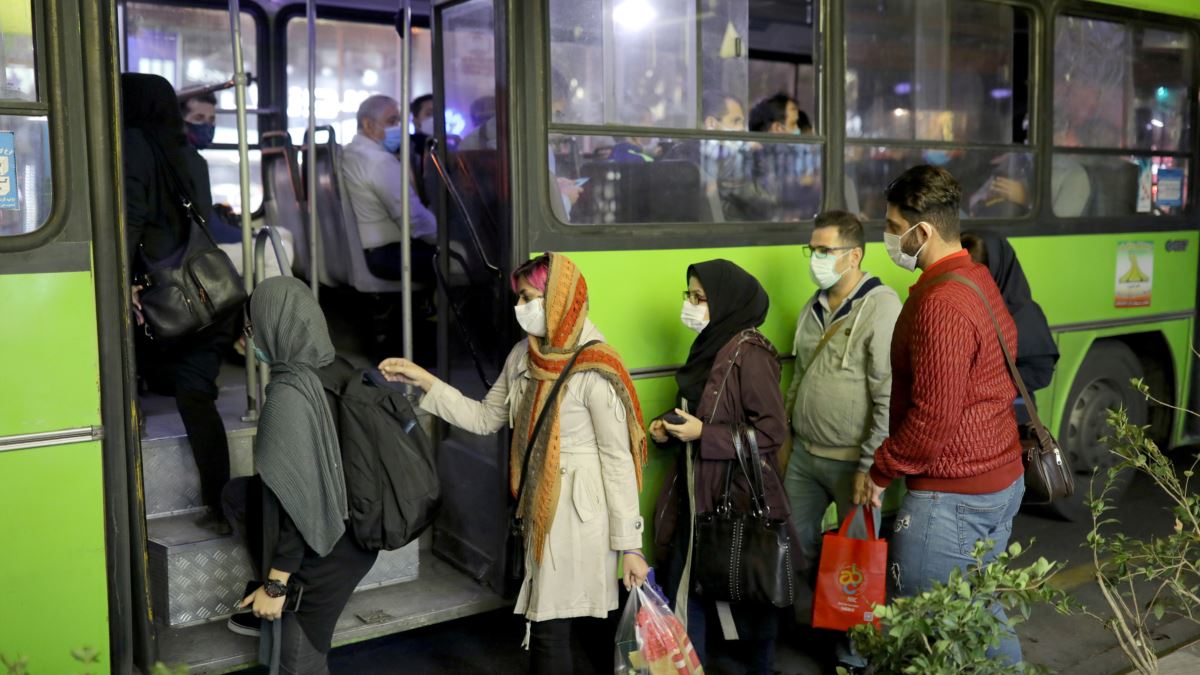
A Cuban state-run research institute says it has signed a deal with Iran’s Pasteur Institute to test the Caribbean state’s most advanced COVID-19 vaccine candidate in Iran.
The Finlay Vaccine Institute’s (IFV) January 9 announcement came one day after Iranian Supreme Leader Ayatollah Ali Khamenei banned any import of U.S.- or U.K.-produced vaccines, which he called “untrustworthy,” to stop the coronavirus.
Cuba’s IFV said the new agreement cleared the way for a Phase 3 clinical trial in Iran that would help “move forward faster in immunization against COVID-19 in both countries.”
U.S. firms Pfizer and Moderna, as well as Britain’s AstraZeneca, have developed coronavirus vaccines that are already being distributed to millions of people in the United States, the United Kingdom, and across the world.
Iran’s Red Crescent said Khamenei’s ban means that 150,000 doses of the Pfizer vaccine that have been donated by American philanthropists will no longer be entering the country.
Iran was a major regional hub of COVID-19 transmission early in the pandemic.
It has confirmed nearly 1.3 million cases among its 82 million people, with more than 56,000 deaths making it ninth-worst in the world.
Mansoureh Mills, a researcher for Amnesty International who specializes on Iran, criticized the ban by Iranian authorities on the Western vaccines as “reckless” but “in step with the authorities’ decades-long contempt for human rights, including the right to life and health.”
Tough U.S. sanctions are in place against both the Iranian and Cuban governments, but there are disputes about the extent that such measures — which are supposed leave medicines exempt — might affect vaccine deliveries.
The Americas’ only communist-ruled state has publicly said it wants its entire population immunized with homegrown vaccines by the first half of this year.
Cases within Cuba’s 11 million population are rising, although official case numbers are relatively low, at around 14,000.
Sovereign 02 is its most advanced coronavirus vaccine candidate, with “an early immune response” at 14 days, according to IFV Director Vicente Verez.
He said that broader clinical testing in Cuba had been difficult because of a lack of cases.
Phase 3 clinical trials are usually randomized testing on at least 100 patients that includes control groups and closely monitors for efficacy and possible side effects.
With reporting by AFP
This post was originally published on Radio Free.